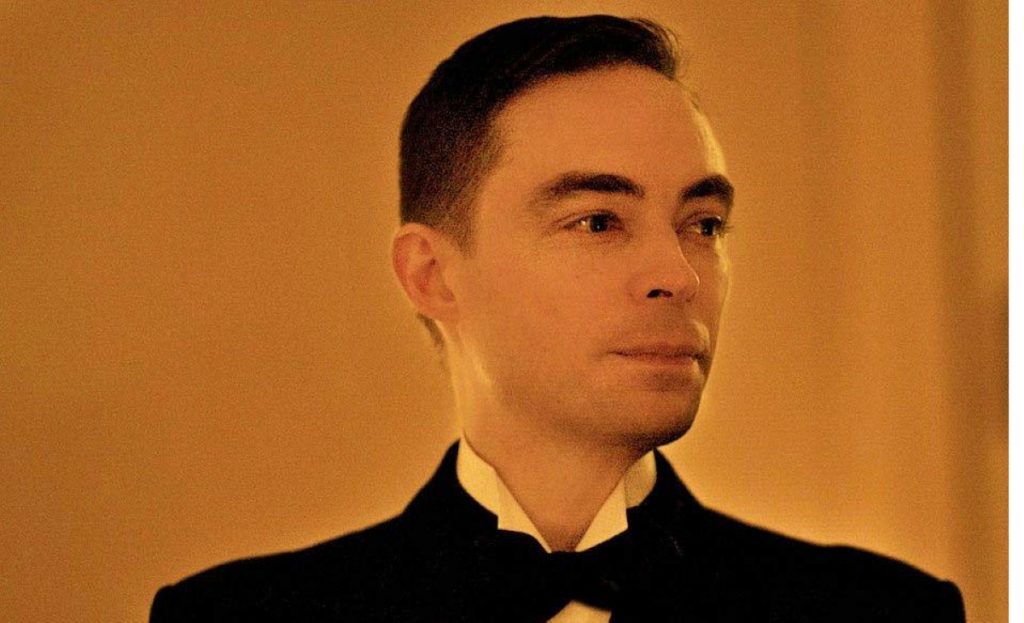Comment: If you want to reduce drinking, make it more common
By Clayton Hartley
David Cameron has noticed binge drinking is "one of the scandals of our society" and is "determined to deal with it" – what took him so long?
The Hogarthian degradation of the 18th century’s "gin craze" – which prompted a series of 'Gin Acts' and a middle-class fear of the dissipation of the working class’s energy and morals – led to the banning of absinthe in much of Europe. It was a stitch-up, by the way, but that’s a different story.
It proved an eternal truth of society: If you block off one avenue of inebriation another will be found.


Let's not forget the most famous attempt at controlling public access to alcohol: prohibition in the United States between 1921 and 1933. It scarcely reduced the amount of drinking that went on and lead to an explosion of organised crime— together with a lot of rotgut moonshine and bathtub gin. Similarly, the Gin Act of 1736, which taxed and licensed the sale of the drink, only drove it underground and the illegal gin was far more dangerous.
I run a pop-up cocktail bar, the Candlelight Club, which takes its styling from precisely the Prohibition period, featuring classic cocktails and live bands playing period jazz. Of course it’s the dangerous glamour of the era that's appealing, the sophistication of cocktail culture: why, with a Martini or Manhattan in hand we could almost be in the Great Gatsby.
But for many the reality is very far from Jazz Age sophistication.
There is a stubborn strand in our culture: drinking to the point of instability is seen as a necessary component of a good Saturday night. Far from being ashamed of the feral depths to which alcohol can plunge us, people will brag and fondly reminisce about it the next day.
The locations of the Candlelight Club parties are secret, revealed only to those who have bought tickets in advance, so we are not troubled by gatecrashers or drunken louts wandering in off the street. But even so, now and then a guest takes it all a little too far. You notice drinkers crossing the point where they aren’t having fun anymore.
There's the nub of it. Binge drinking is ingrained in our culture, we expect and affably condone it, and it’s this that has to change. Locking the publicly inebriated out of harm’s way in drunk tanks till they sober up isn’t going to make them less likely to do it again; in fact it’s almost an endorsement.
A friend, never adverse to a tipple herself, has recently moved to Spain and sounds actually rather refreshed by the more mature attitude there: a drink is not considered necessary or automatic, and inebriation is nothing to be proud of.
Whether anyone can shift this aspect of British culture now, after so many centuries, I cannot say. But there are plenty people who enjoy alcohol sensibly and do not deserve to be lumped in with the binge drinkers and punished financially.
When sterner controls for handguns were introduced plenty of responsible sporting pistol shooters were unsurprisingly up in arms (as it were). Many members of the public, however, probably thought to themselves: “Yes, but no one really needs a gun."
Does anyone really need a drink? Technically no, but this is not just some sordid hit peddled in a backstreet—at least not yet. Our drinking culture—the whole of it—is also the product of thousands of years of artistry and aesthetic exploration and delight. A fine wine, beer or spirit is a beautiful thing. Making a really good Martini is a little bit of both art and science.
Of course a minimum price of 45p per unit won't affect a lot of drinkers. But a banker burning his bonus on Bollinger can cause just as much trouble as a teenager on alcopops.
Hiking the price of booze won’t change our culture any more than it has in the past. In fact there is an argument that confronting alcohol – making it more ubiquitous and removing the mystique, the lure of the forbidden – might be the first step in engendering a more responsible attitude to its consumption.
Clayton Hartley blogs at www.InstituteForAlcoholicExperimentation.com and co-runs The Candlelight Club (www.thecandlelightclub.com)
The opinions in politics.co.uk's Comment and Analysis section are those of the author and are no reflection of the views of the website or its owners.












